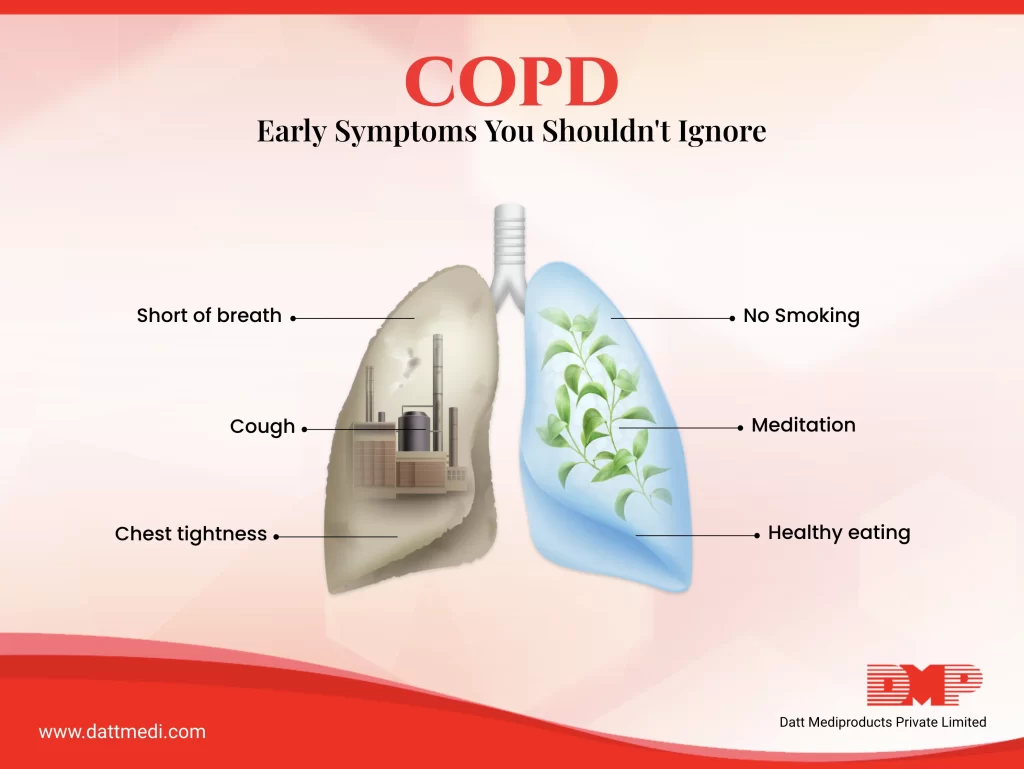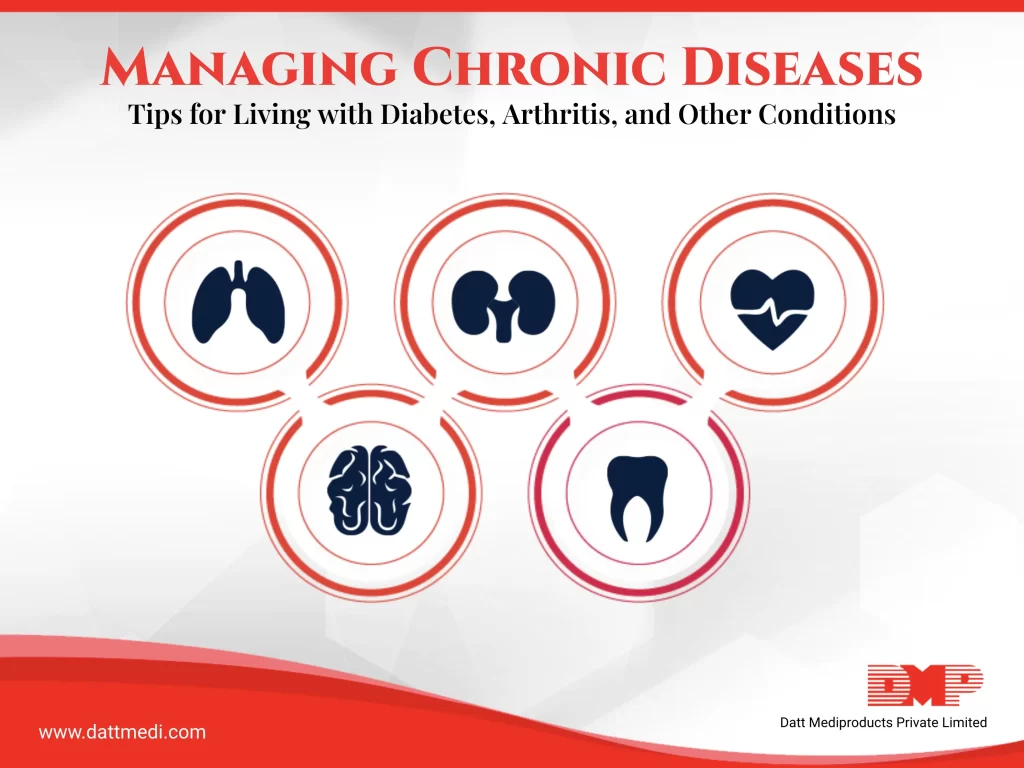
Chronic Obstructive Pulmonary Disease (COPD) is one of the major causes of morbidity and mortality around the globe. According to the 2017 Global Burden of Disease Study COPD contributed to 50% of all the chronic respiratory diseases cases.
In addition, more than 90% of COPD-related deaths occur in low- and middle-income countries (LMICs). COPD not only imposes a huge economic burden but it also causes disabilities in patients while compromising their quality of life, a loss of productivity, increased hospital admissions, and premature mortality.
The prevalence of COPD is misconstrued as its most common symptoms such as cough and dyspnea are often overlooked by the patients until they worsen. It thereby becomes imperative to be aware of the early symptoms of this disease as they can get more severe within days or even hours.
We have tried to list down certain early symptoms of COPD you shouldn’t ignore:
– CHRONIC COUGH: A chronic and persistent cough that a person has for a month or more is one of the earliest warning signs of some sort of an issue with the respiratory system.
– SHORTNESS OF BREATH: A person with COPD has to put in extra efforts to breathe due to obstructions off air passages, causing shortness of breath. Breathing discomfort while doing normal daily activities, for examples a short walk, may be a sign of a heart or lung condition.
– CHRONIC CHEST PAIN: Chest tightness or pain that gets worse when you breathe in or cough is one of the other warning signs of a lung disease, especially if the condition is chronic and lasts for a month or more.
– CHRONIC MUCUS PRODUCTION: Mucus (sputum) keeps the airways moist and is a defence against infections and irritants. Excess mucus production when a person inhales any irritant can cause coughing. Producing too much mucus for a month or longer may be a sign of lung disease. Long-term exposure to irritants such as dust, pollution, chemical fumes, cosmetic sprays can damage the lungs and lead to COPD.
– COUGHING UP BLOOD: Coughing up blood should be taken very seriously as it could be sourced from your lungs or somewhere else in your upper respiratory tract.
– WHEEZING: Wheezing is a noisy breathing indicating some sort of a blockage in the lungs’ airways or making them too narrow. A person with an exacerbation of COPD may start to experience noisier breathing than usual.
In addition to the above symptoms, recurring respiratory infections, fatigue, blueness of the lips and fingernail beds can be the other signs of COPD. There is a high prevalence of COPD in India among adults.
Hence, there is a need to conduct nationwide area-based surveys so that the true burden of COPD can be estimated using robust and uniform methodology. The data collected can be used for planning and implementation of community-based control measures and also for their monitoring and evaluation.
COPD can’t be cured, but can be prevented and treated.
We @dattmediproducts recommend understanding these early signs of the condition and making healthy lifestyle changes to prevent them, besides consulting a physician.




